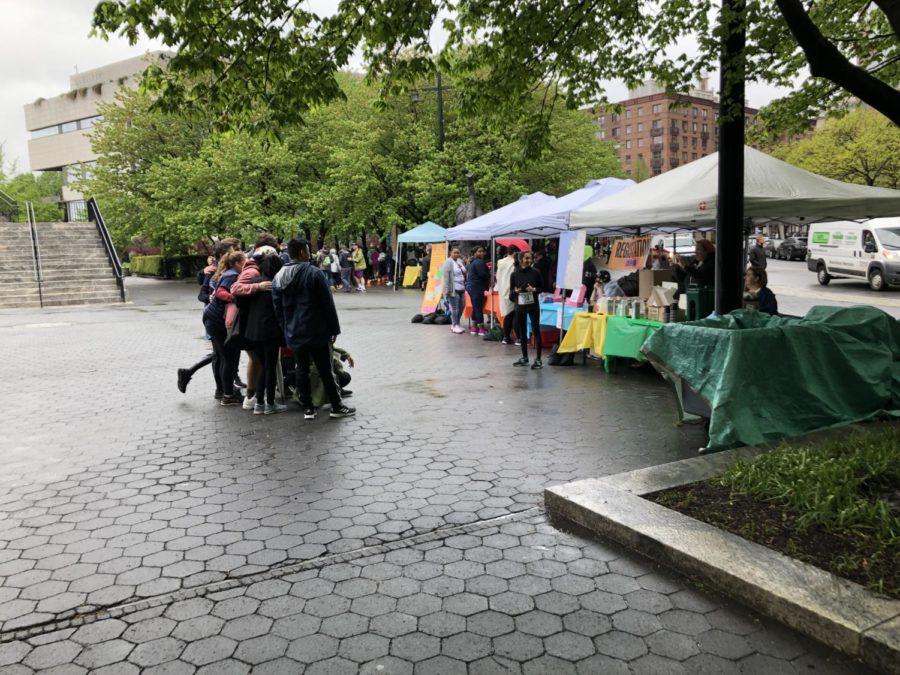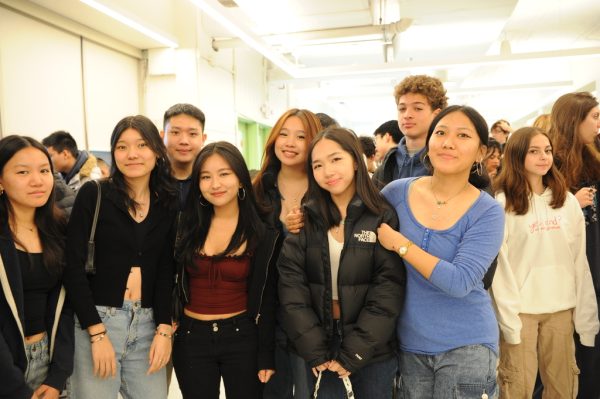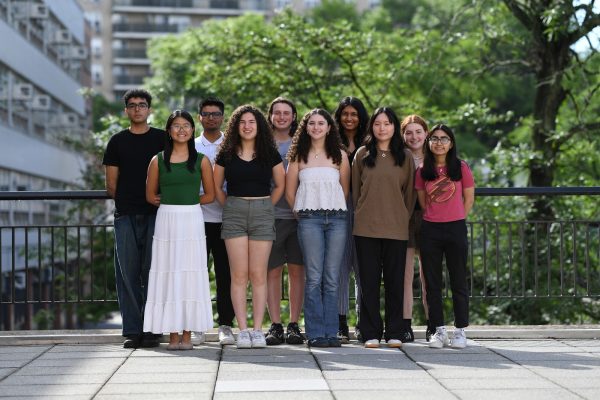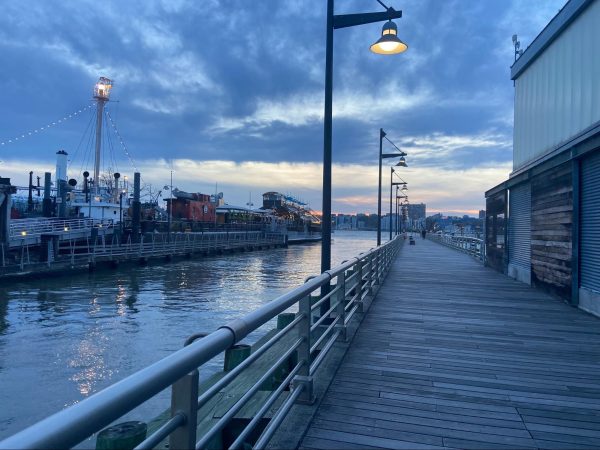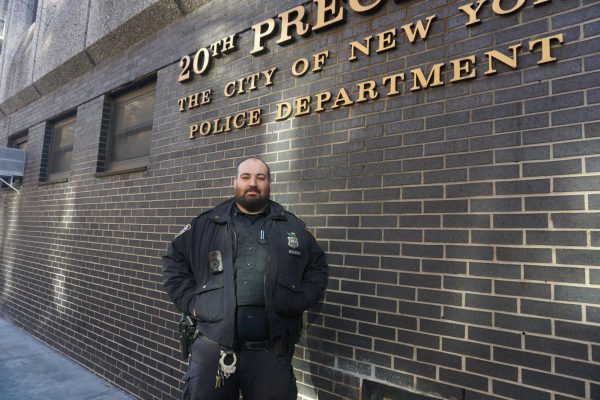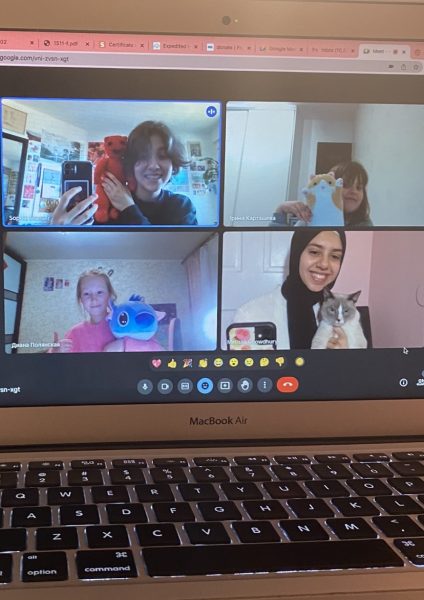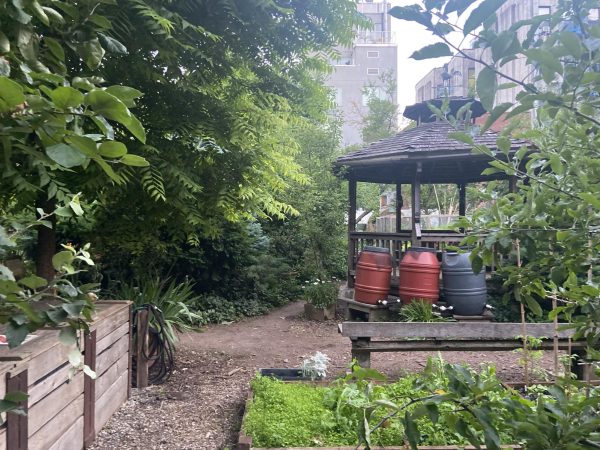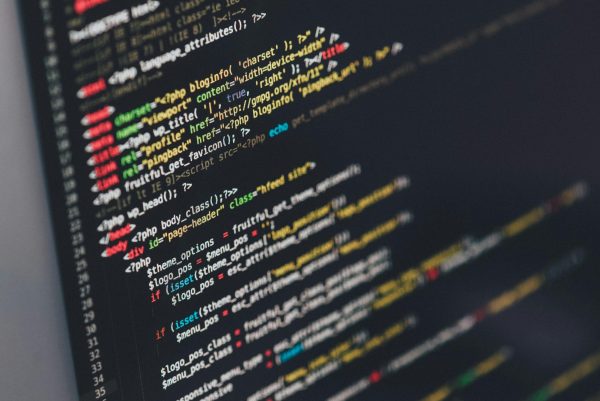The Callen-Lorde Center, a Safety Net for New York’s LGBTQ+ Population
The organization provides much-needed healthcare to approximately 18,000 New Yorkers annually, regardless of their ability to pay.
Participants in the Rainbow Run pose for photos prior to its start.
On May 7th, 2022, Callen-Lorde held their 6th annual Rainbow Run, a 5K or 10K run meant to raise money for the organization. It was raining, but that didn’t stop their loyal supporters from assembling in Battery Park, many donning small rainbow umbrellas on top of their heads or multicolored tutus.
Spencer B. Neyland, one of Callen-Lorde’s sponsors, has participated in the charity run for the past three years. His favorite aspect of being involved with them is attending the organization’s fundraising events and social activities.
“I believe in their mission. I believe in their need for medical services that are available to everyone. I believe it’s super important in a healthcare setting for there not to be judgment,” he said.
Callen-Lorde is a resource that provides healthcare to LGBTQ+ people in New York City, regardless of their ability to pay. Their services include HIV treatment and prevention, vaccinations, STI testing, family planning, and therapy. They serve 18,000 New Yorkers a year at four locations: three clinics in Chelsea, the Bronx, and Brooklyn, and the Thea Spyer center, which focuses on mental health, in Chelsea.
The clinic is a result of the 1983 merger between two community health centers, the Gay Men’s Health Project and St. Mark’s clinic. At the time of each clinic’s founding, the idea that every person should have the right to healthcare was considered radical. Both were forced to operate discreetly — in order to receive enough government funding, their logo could not showcase the fact that Callen-Lorde was an LGBTQ+ organization. The only hint it gave was a small triangle between each namesake.
Although the organization started by focusing on HIV prevention and treatment, its services and programs expanded over time. One of the most important parts of Callen-Lorde is the Health Outreach to Teens (HOTT) program, which services LGBTQ+ youth. According to Caitlin Quigley, Callen-Lorde’s Director of Communications, most teens will hear about the organization through word of mouth or by seeing their mobile medical unit, which drives around the five boroughs to places where youth might be congregating.
“[HOTT is] one of the cornerstones of Callen-Lorde. We’ve got about 1,400 youth in the program, many of whom are homeless or unstably housed. People will hear about it from friends and know it’s a safe space and come out to us that way,” she said.
Community health centers like Callen-Lorde are vital in filling the cracks in the healthcare system left by major hospitals and clinics. In its early days, many patients found refuge in the center because they could receive treatment without fear of stigma or exposure. HOTT’s mobile medical unit drives to locations tied to parties and the ballroom scene, corners of the city that most healthcare providers could never reach.
During the pandemic, Callen-Lorde helped set up a makeshift treatment center in Queens, receiving patients cast off from homeless shelters. The experience of setting up and operating the hospital was detailed in a feature in The New York Times, in which the chief nursing officer, Anthony Fortenberry, went from scrambling to equip the building with medical instruments to watching as dying patients were refused by hospitals.
Despite their importance in treating New York City’s most vulnerable, Callen-Lorde has been one of the targets of a pharmacy carve-out, introduced under Governor Cuomo. The carve-out would block access to the heavily discounted, and often life-saving, medications that Callen-Lorde provides its patients, and is predicted to cut their annual budget by 14%.
This is not the only hit the center has taken in recent years — during the COVID-19 pandemic, community health centers received little federal aid and an influx of patients. Callen-Lorde was charged with vaccinating its patients, but was only reimbursed $13 per vaccination, not enough to pay back the nurses administering them.
Still, Callen-Lorde has been fighting back. They are part of a coalition, Save New York’s Safety Net, that is challenging the carve-out. They are helping to sue the government on matters of LGBTQ+ health, including the rolling back of the Health Care Rights Law. And on Sunday, May 7th, 2022, they reached their goal of raising $100,000 from the Rainbow Run.
Callen-Lorde is a resource that provides healthcare to LGBTQ+ people in New York City, regardless of their ability to pay.
Maggie Schneider is an Editor-in-Chief of ‘The Science Survey.’ She loves journalistic writing because it is a recognition of the infinite number of...

